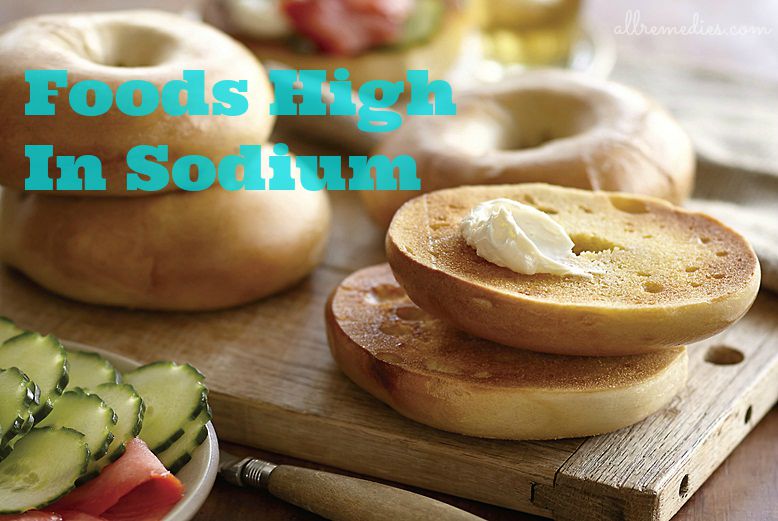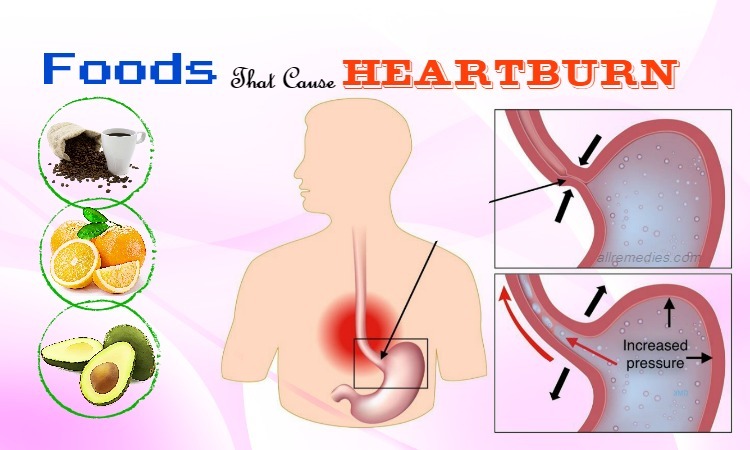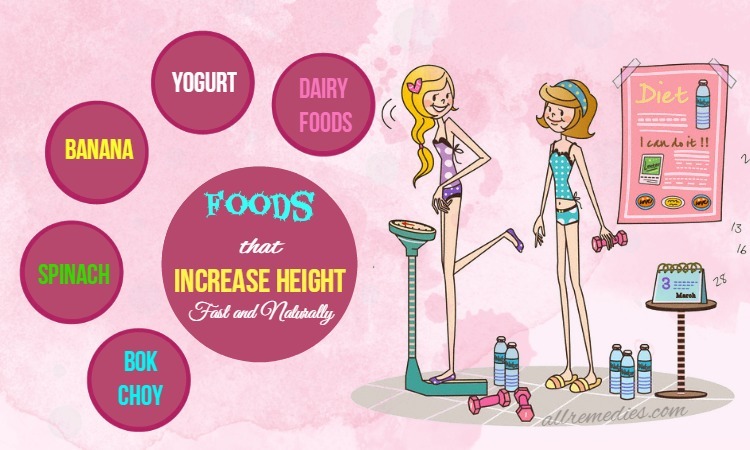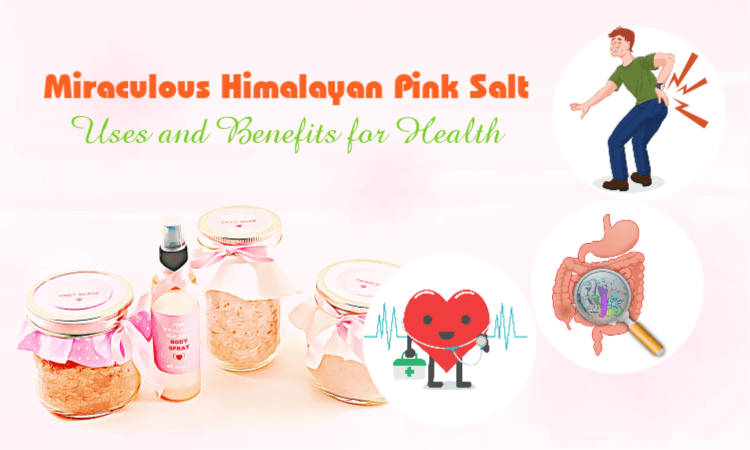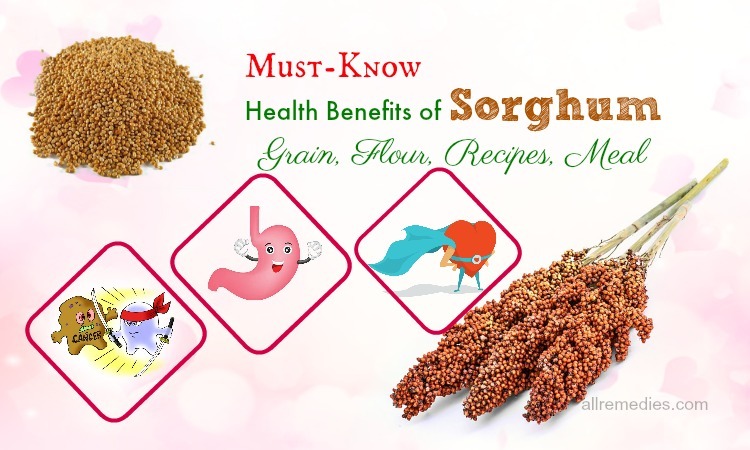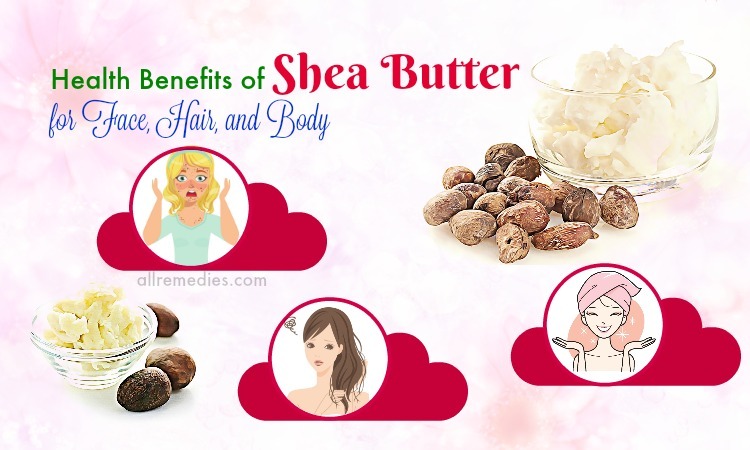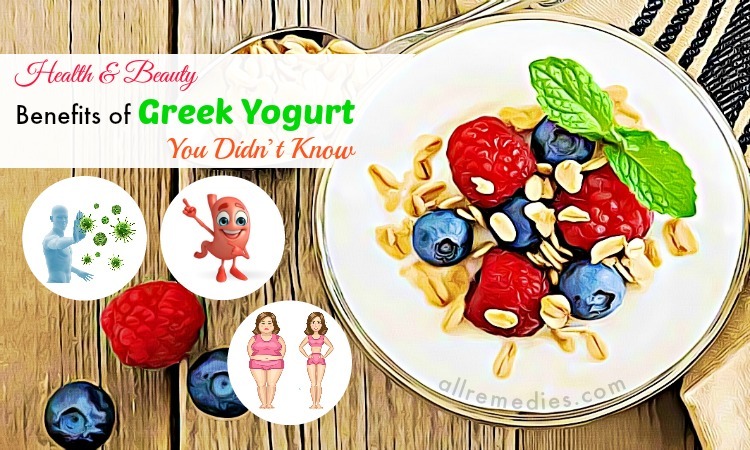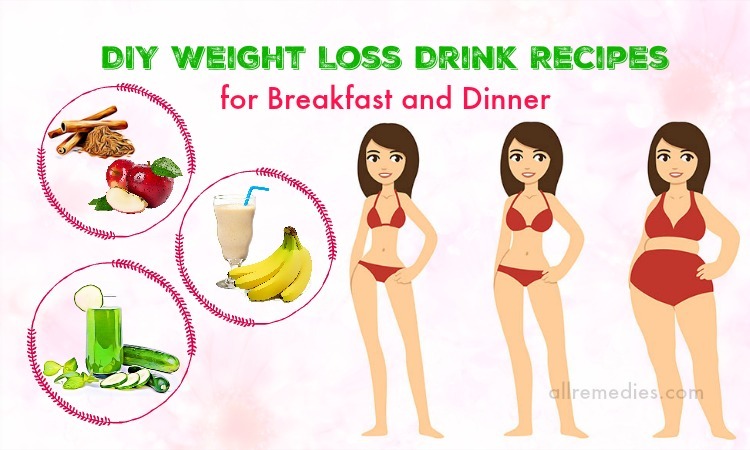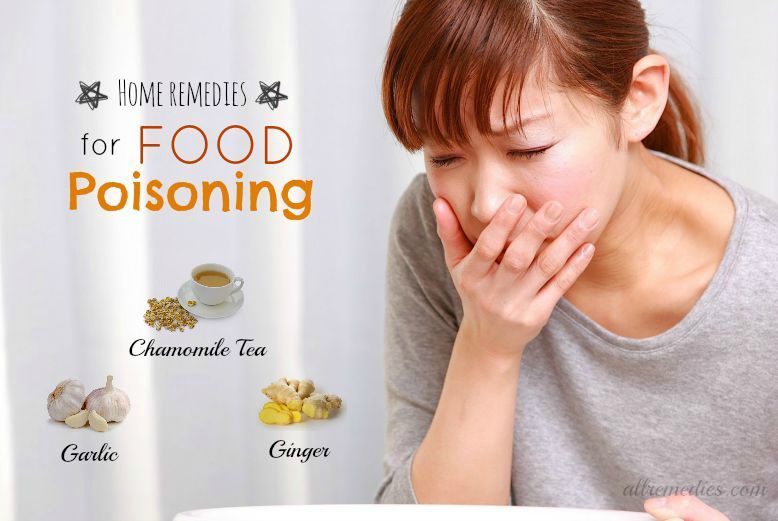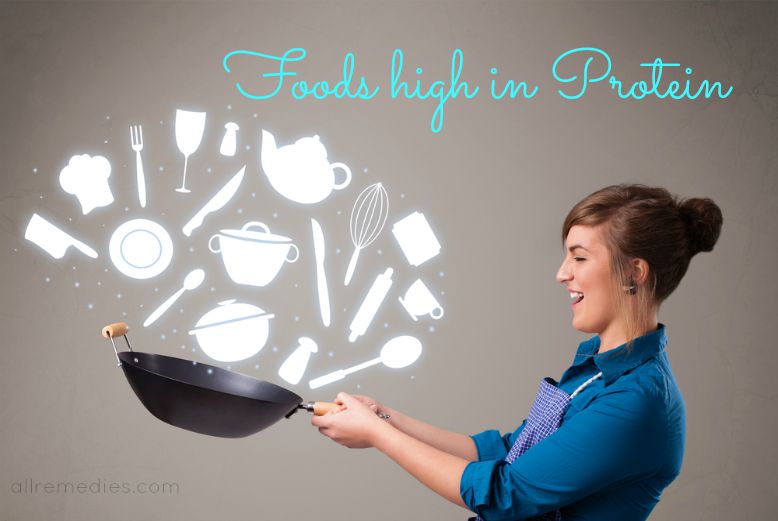
Reviewed by Registered Dietitian Nutritionist Rachelle Caves, RDN, CNSC, CPT
11 High-Protein Foods Sources
Protein is a macronutrient necessary for the proper function and growth of the human body. Although there is considerable discussion about the amount of protein that needs to be consumed per day by a person, a solid rule of thumb is approximately 0.8 grams of protein per kg of body weight for a healthy adult.
Note that protein recommendations are based upon individual needs. Protein intake recommendations can vary widely depending upon a person’s age, medical status, and activity level.
A deficiency in protein, although rare in the United States, can lead to impaired functioning of the body and muscle atrophy in general and some chronic diseases [1]. High-protein foods include both animal and plant-based sources: Meat, fish, tofu, beans, lentils, yogurt, cheese, seeds, and nuts.
In the framework of this writing, AllRemedies.com will introduce to you the top 11 high-protein foods sources to make sure your daily protein needs are met. Continue reading this article to understand more!
1. Greek Yogurt
Made by straining the liquid, deliciously thick Greek yogurt contains protein which is twice as much as regular versions. In addition, it also contains bone-building calcium and gut-friendly probiotic bacteria.
Protein power: 23 g per 8-ounce serving
You need to know: Choose plain, low-fat Greek yogurt to avoid getting excess sugar, saturated fat, and calories.
AllRemedies Partner Solutions

Keep Asking Questions Until You Get The Answer You Need!
The Medical Experts are all here to answer your questions online or with a phone call.
Check out: Top 56 Natural Sources Of Calcium In Food For Everyday Life
2. Cottage Cheese
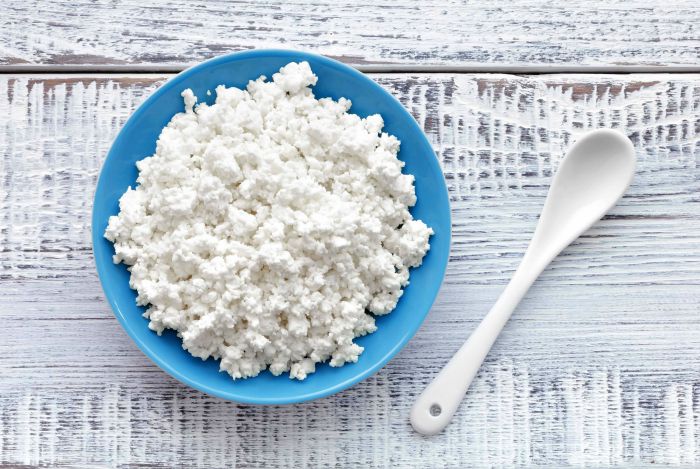
This curd-riddled cheese product contains casein protein that is a slow-digesting protein supplying the growing muscles with a stable supply of essential amino acids. You can consume it as a snack before going to bed. In addition, cottage cheese tends to be low in calories and fat. It is also packed with calcium, phosphorus, selenium, riboflavin (vitamin B2), vitamin B12, and various other nutrients.
Protein power: 14 g per ½ cup of serving
You need to know: This cheese is very high in sodium; however, you should compare nutrition labels in order to find brands which contain less.
See more: Top 28 Best Natural Food Sources of Vitamin B6 on the Planet
3. Eggs

Whole eggs are one of the most nutritious and healthiest foods high in protein. They are loaded with minerals, healthy fats, vitamins, brain nutrients, and eye-protecting antioxidants, which most people do not get enough of.
Protein power: 6 g per one large egg
Need to know: Although whole eggs are rich in protein, egg whites are pure protein. Whole eggs also contain considerable amounts of dietary cholesterol.
Learn more: List of 22 Foods High in Cholesterol to Avoid
4. Soy Milk
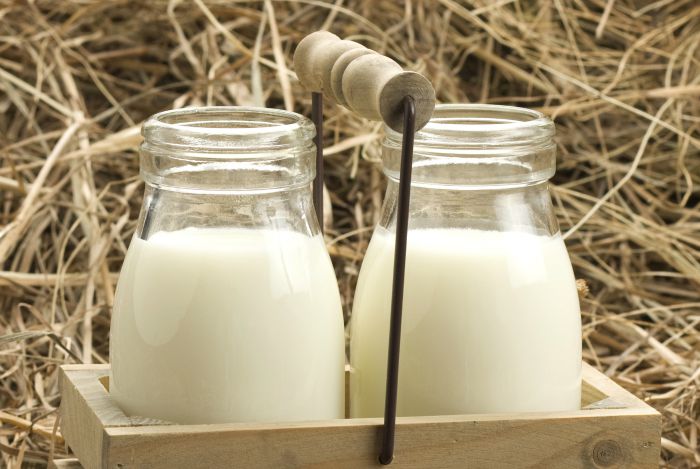
While most non-dairy milk products are low in protein, soy milk will be the exception. If you are avoiding cow dairy because of lactose intolerance, you can use soy milk to float the cereal in, or whip up post-workout shakes.
Protein power: 8 g per one cup of serving
You need to know: You should opt for brands that are labeled “unsweetened”. And if you want to avoid using genetically modified foods, you can splurge for organic.
Read also: Top 24 Home Remedies For Lactose Intolerance In Babies
5. Yellowfin Tuna
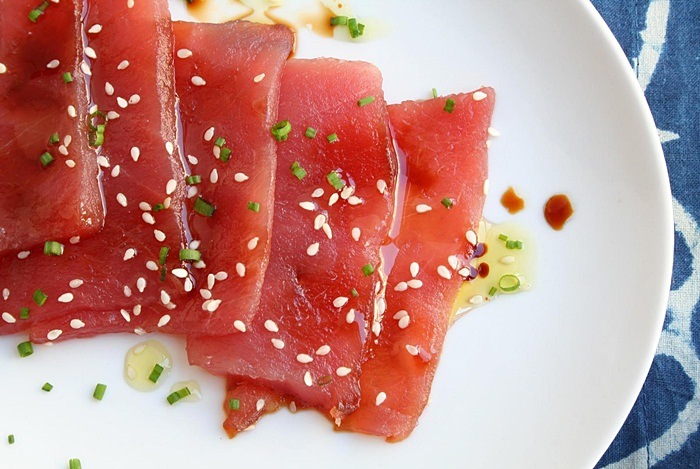
Tuna is a popular type of fish. This meaty swimmer is one of the healthy foods high in protein and low in both calories and fat. You will also benefit from the good amount of B vitamins along with the strong antioxidant selenium in the flesh of it.
Protein power: 25 grams/ 3-ounce serving
You need to know: You should look for troll-tuna or pole-caught tuna that can be the most sustainable options for you. Aim for no more than two servings of tuna per week, given its mercury contents.
6. Almonds
Almonds is also one of other healthy foods high in protein, which is the best choice for you to build up your muscles.
Protein power: 6 grams per 1-ounce serving
You need to know: you should avoid almonds coated in sugar, tons of sodium and hydrogenated oils. These processed almonds lose their health benefits.
See also: List Of 10 Foods High In Sodium To Avoid Consuming
7. Anchovies
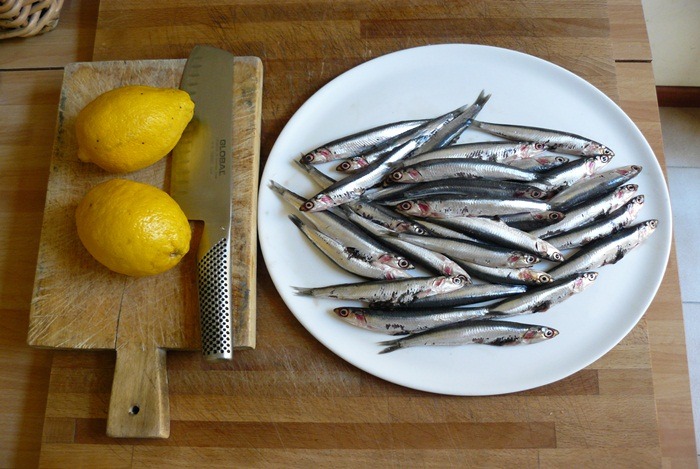
Anchovies are one of the healthy foods high in protein you should consume [2]. Because of their tiny size, they also do not accumulate toxins as bigger species often do:
Protein power: 24 grams per 3-ounce serving
Need to know: To decrease their saltiness, you can soak anchovies into the water for about 30 minutes and then you drain and pat them dry.
8. Dried Lentils
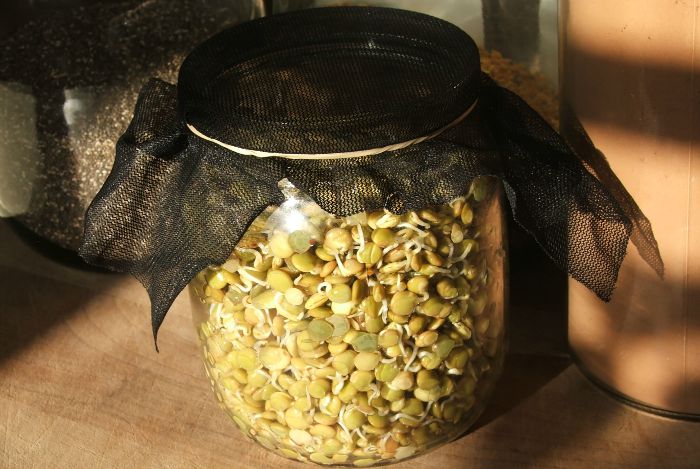
Canned lentils are a snack in the list of foods high in protein. In addition to protein, they are also good sources of fiber and other vital minerals.
Protein power: 13 grams per 1/4 cup of serving
Need to know: Lentils need not soaking before consuming. Simply, you simmer them in a pan of water for about 20 minutes or until they become tender. For a nutritious lunch, you toss cooked lentils with diced vegetables, chopped turkey or chicken breast, and a lemon vinaigrette.
Check more: A List of 38 Best Foods High in Fiber
9. Wheat Germ
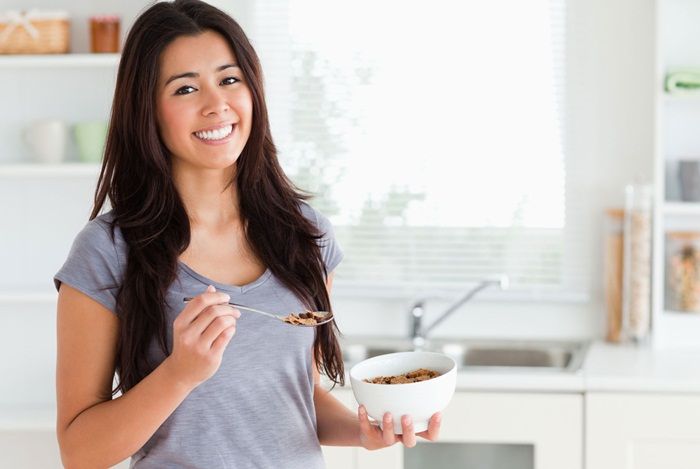
The wheat germ is the most nutrient part of the wheat grain and contains notable amounts of protein. Besides, you can add it to your oatmeal, pancakes, and shakes to boost your purpose.
Protein power: 6 grams per 1-ounce serving
Need to know: To maintain freshness, it is best to store this germ in the freezer or refrigerator.
Find more: 22 Benefits of Wheat Germ Oil for Skin Care
10. Broccoli

Broccoli is a healthy vegetable, packed with vitamin K, vitamin C, fiber, and potassium. In addition, broccoli is also packed with various bioactive nutrients which are believed to help in protecting against cancer. And it contains the highest amount of protein compared to most other vegetables.
Protein power: 3 grams of protein per one cup of chopped broccoli (about 96 grams)
11. Peanuts
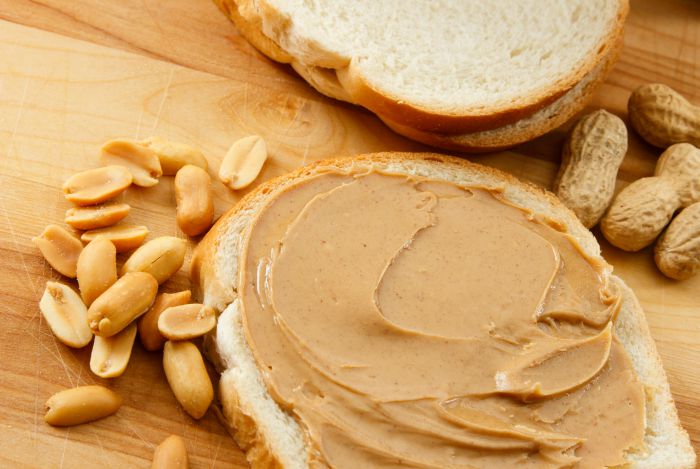
Peanuts are very delicious. They are loaded with protein, magnesium, and fiber. According to many studies, they can also help you in losing weight effectively. Peanut butter is also rich in protein; you just make sure that you do not eat too much because it is quite moreish.
Protein power: 7 grams per 1-ounce serving (about 28 grams)
You need to know: Natural peanut butter with simple ingredients is the healthiest choice available.
If you want to know more about superfoods or other vitamins and minerals go to our main Superfoods page. After reading the article of top 11 foods high in protein, hope that you will get the useful information.
The content in this article is not intended to be a substitute for professional medical advice, diagnosis, or treatment. Always consult your physician before starting a diet, exercise, or supplement regimen. This article is intended for educational purposes only.

GET FREE ACCESS!
Lorem Ipsum has been the industry's standard dummy text ever since the 1500s, when an unknown printer took a galley of type and scrambled it to make a type specimen book. It has survived not only five centuries
Also on
JOIN THE CONVERSATION
